Tsinghua University has taken a significant step towards promoting the development of medical talent with the launch of the Tsinghua Medicine Center for Physician-Scientist Development on March 25.
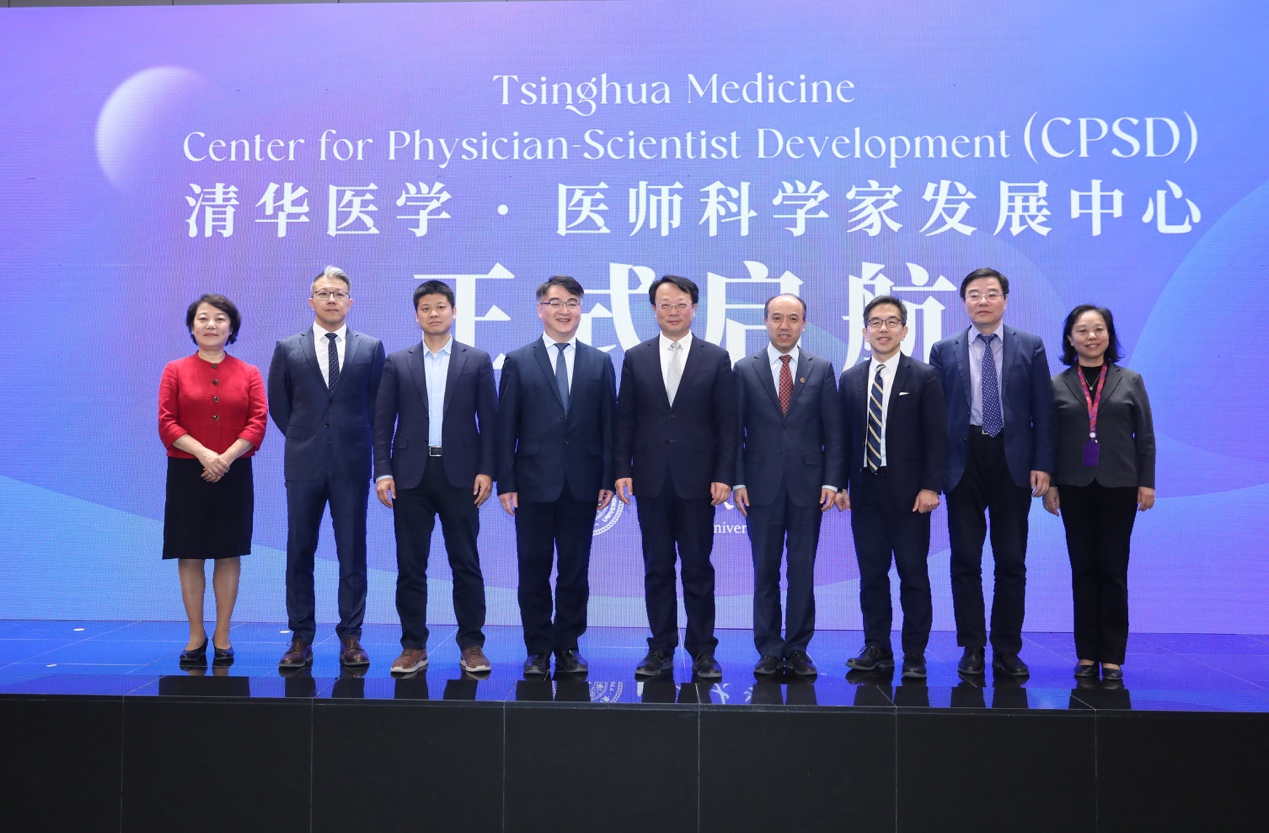
The opening ceremony featured speeches from Tsinghua President Wang Xiqin, and Professor Wong Tien Yin, leader of Tsinghua medicine. The event was attended by local and foreign experts from top hospitals and research institutions.
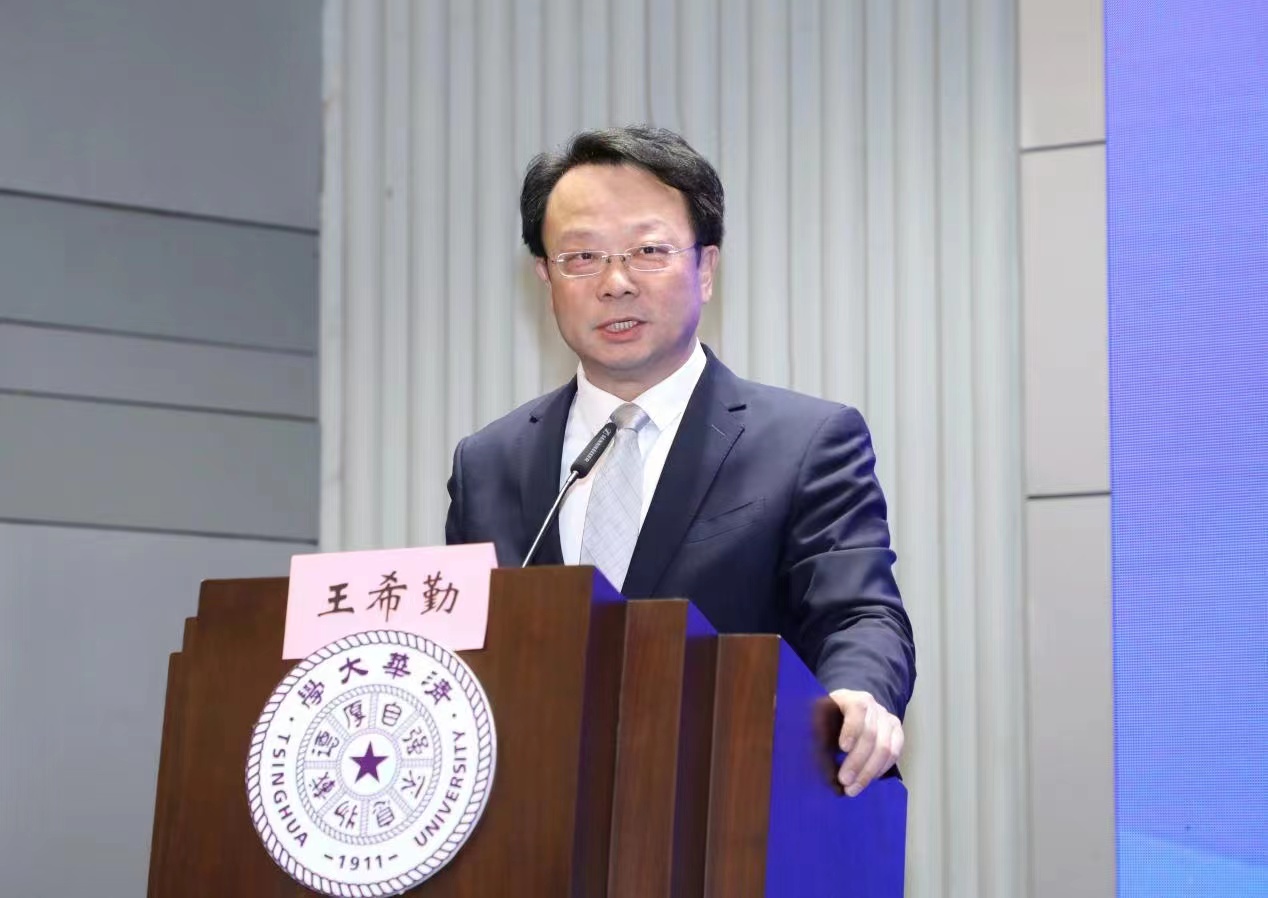
Wang pointed out that Tsinghua should prioritize the central task of the Party and organize all aspects of their work around it. The primary task should be promoting high-quality development. This should be pursued by regarding science and technology as the primary productive force, talent as the primary resource, and innovation as the primary driver of growth. During his review of the development of Tsinghua medicine, he noted that the field of medicine has a unique advantage in integrating technology, talent and innovation. He said he hopes that Tsinghua medicine would capitalize on this advantage and actively explore innovative ways to integrate practice paths in order to further enhance its success.
By interpreting the characteristics of "modernity" and the concept of "Chinese path to modernization", Wang outlined the need for Tsinghua to modernize its governance system and capabilities. Firstly, as society has developed, the relationship between individuals and collectives has undergone significant changes, with greater emphasis on individual independence and respect for personal development. In this context, Tsinghua medicine should strive to better align the personal development of its teachers, students, and staff with the collective career development goals of the institution. Secondly, it is important to acknowledge that the market plays the decisive role in resource allocation, while also taking steps to mitigate potential negative effects of a completely free market. To secure additional resources beyond medical care, affiliated hospitals should explore various market mechanisms and optimize the allocation of existing internal resources. Thirdly, it is essential to uphold the spirit of the contract and strengthen the construction of systems in order to promote the rational and thoughtful development of Tsinghua medicine.
Wang expressed two expectations for the future development of the Center. First, he emphasized the importance of adhering to the people-centered mindset and striving to align the personal development of physician-scientists with the collective career development goals of the Center. Second, he emphasized the need to uphold the style of respecting facts and science, and strive to enhance the scientific thinking and humanistic qualities of physician-scientists within the Center. Lastly, Wang offered congratulations on the establishment of the Center and expressed optimism for its potential to lead the direction of China's physician-scientist team-building in the future.
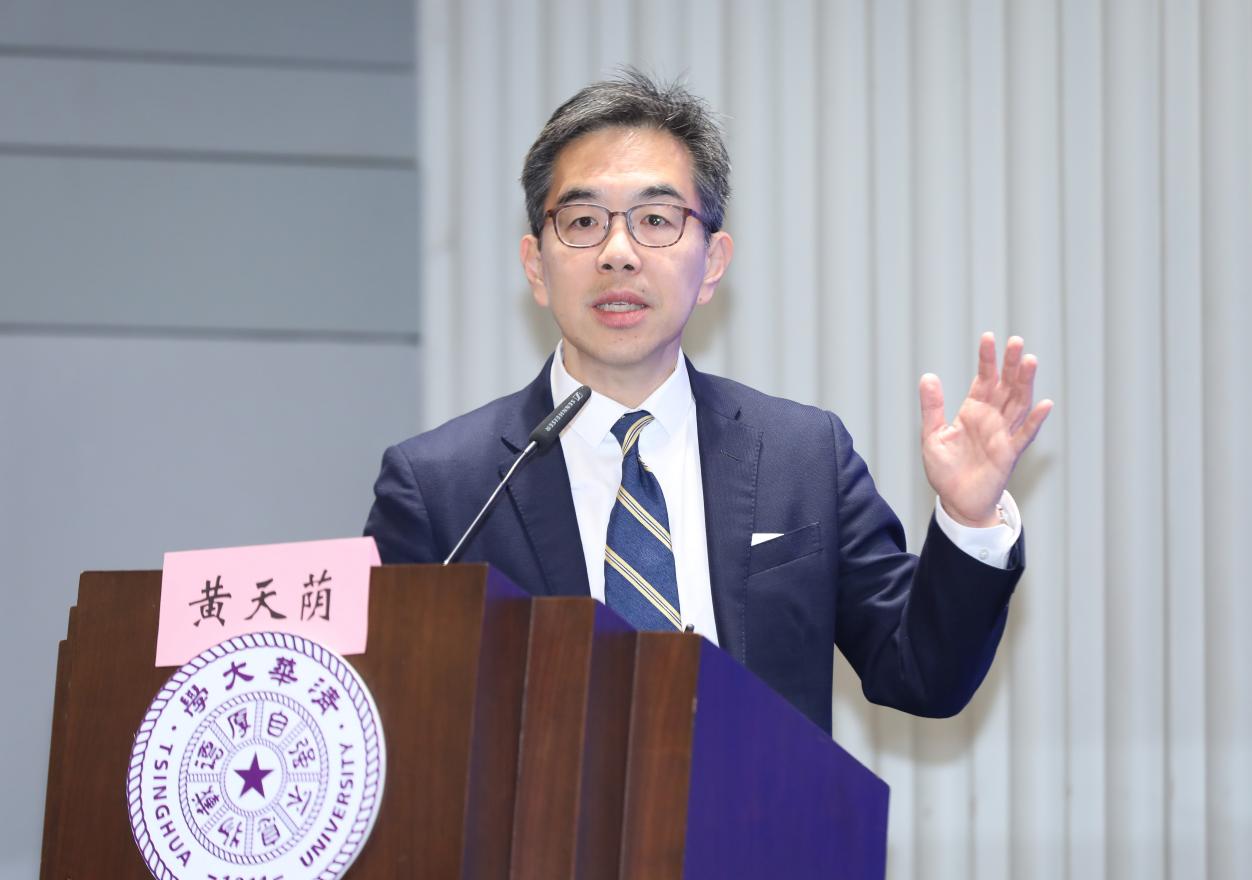
Wong believes that the Center's success will be aided by the strong reputation of Tsinghua medicine as a comprehensive and cohesive health sciences system, which has gained significant global recognition.
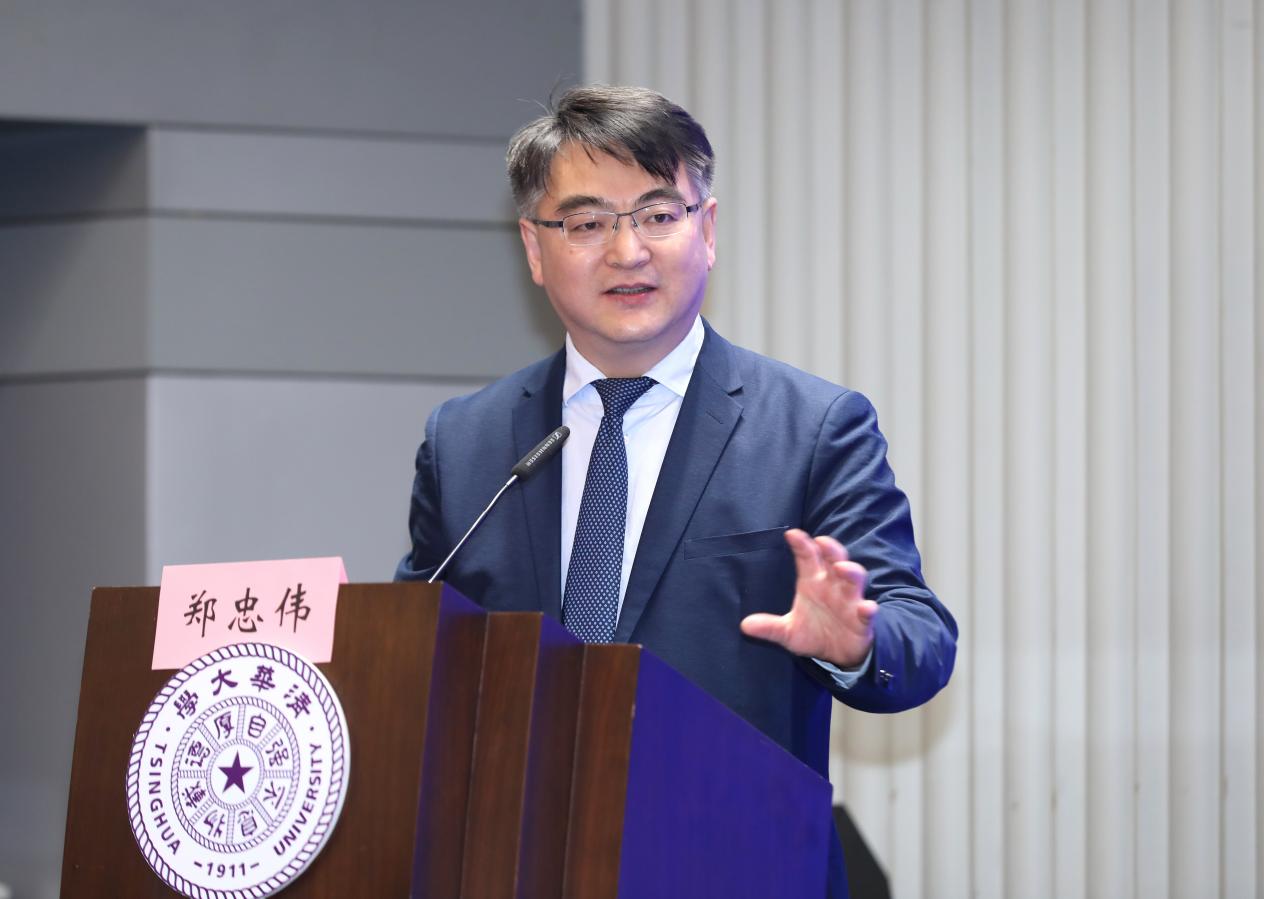
Zheng Zhongwei, who leads the Development Center for Medical Science & Technology at the National Health Commission of China, said the Center is expected to drive progress in China's medical education system reform, high-level medical talent training, and healthcare development. He said that the Center's efforts will contribute to the Chinese nation's great rejuvenation through Chinese-style modernization.
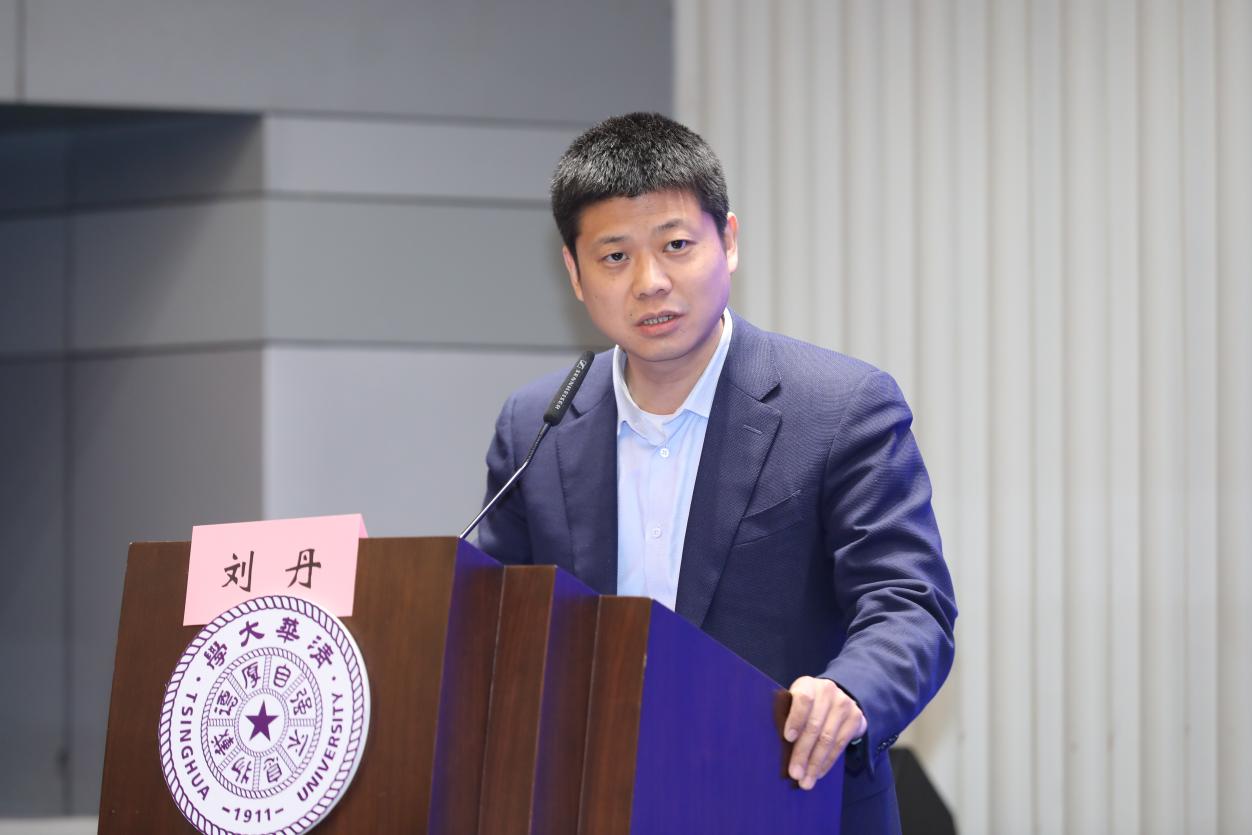
Liu Dan, head of the Health Division of the Department of Social Development of the National Development and Reform Commission, expressed his hope that the Center would fulfill its mission and make significant contributions to the promotion of health modernization and talent development. He added that natural science can better serve and benefit mankind through medicine.
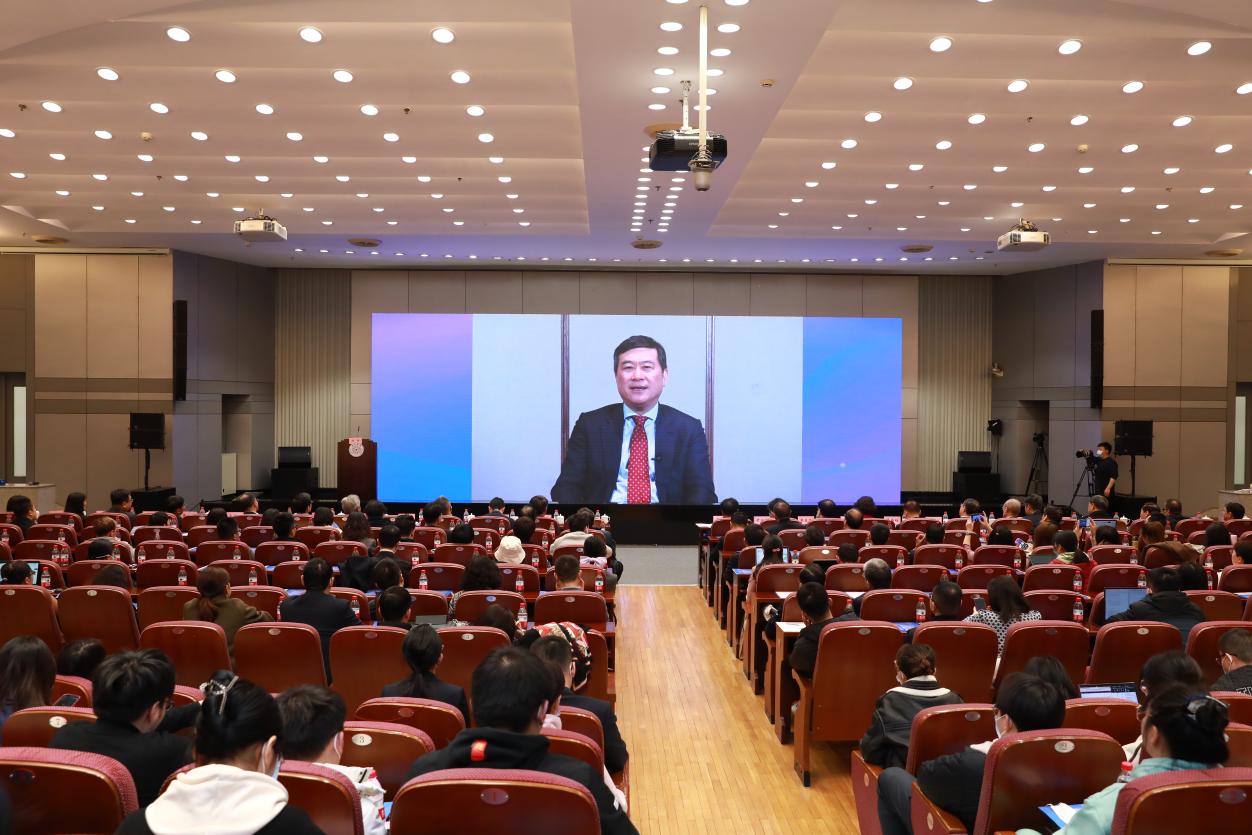
Dong Jiahong, the dean of the School of Clinical Medicine of Tsinghua University and the president of Beijing Tsinghua Changgung Hospital, stated that the Center's establishment will play a significant role in enhancing Tsinghua's clinician team's research capabilities, promoting clinical problem-driven research and providing new impetus for the development of Tsinghua medicine.
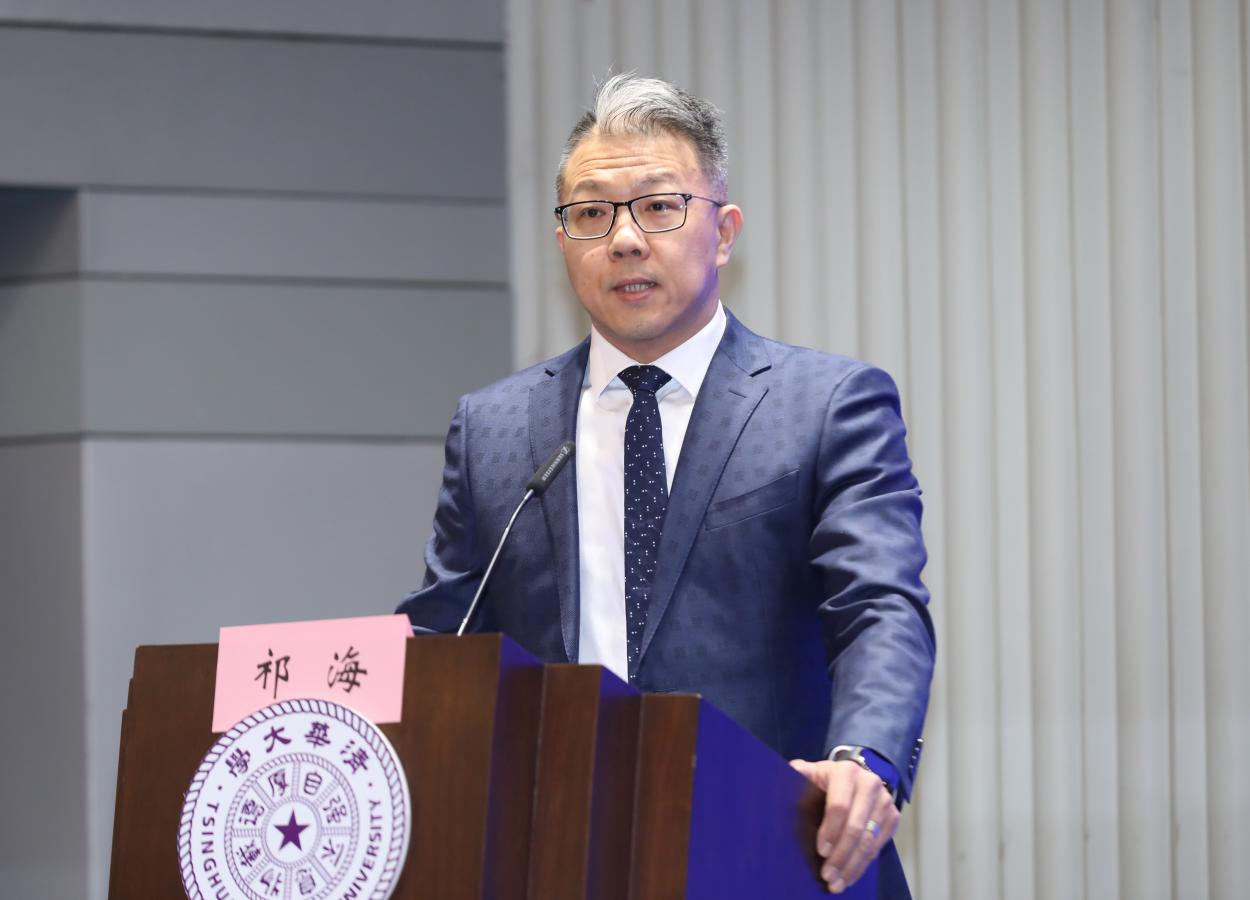
According to Qi Hai, the dean of the School of Medicine at Tsinghua University, the Center's establishment will provide valuable support for physicians in their early career stages by enhancing their scientific research capabilities, broadening their international exposure, and establishing a career development model that prioritizes lifelong learning while carrying out clinical practice.
The Center aims to serve as a lifelong learning environment for exceptional physicians passionate about scientific research. The Center provides scientific research, educational and seed fund support platforms. Through clinical research training, lectures by outstanding physician-scientists, and the creation of physician-scientist alliances, it strives to enhance physicians' scientific research capabilities, and strengthen medical innovation and foster a new generation of "physician-scientists".
Additionally, the Center will focus on integrating teaching, research, and medical practice to enhance the affiliated hospitals' teaching and scientific research capabilities. It aims to promote the training of medical talents at Tsinghua University and achieve new breakthroughs and results in order to contribute to the construction of a healthy China.
Editor:Li Han

